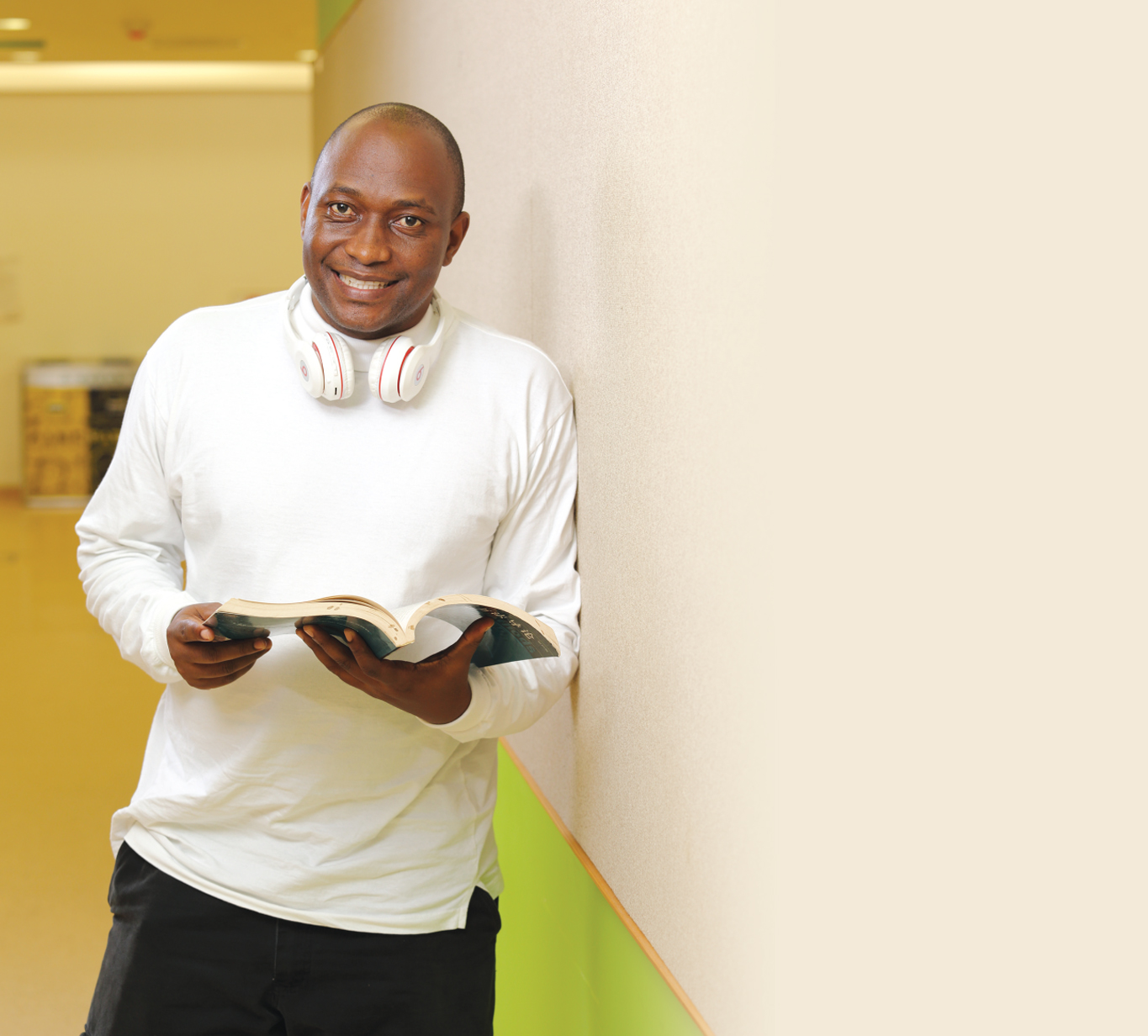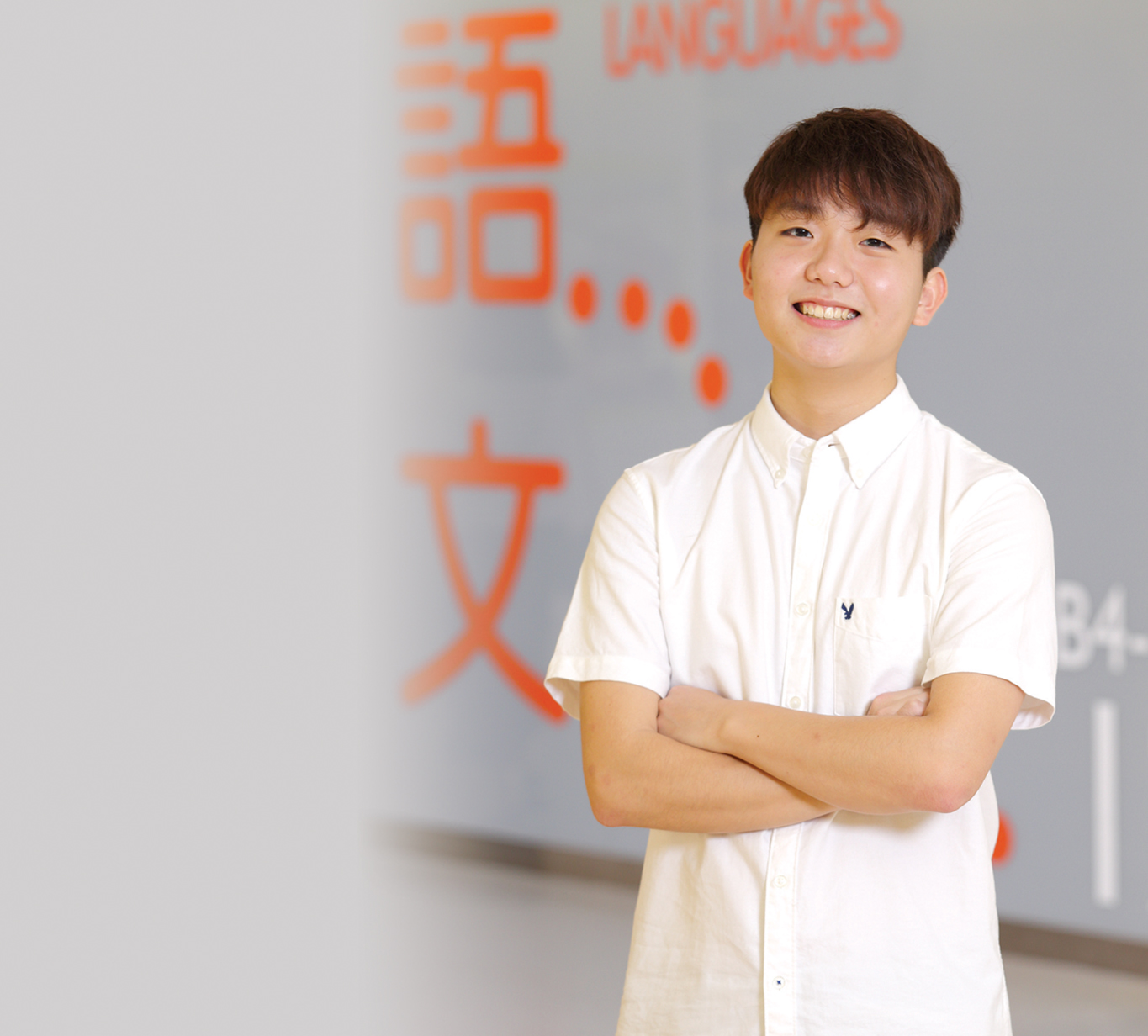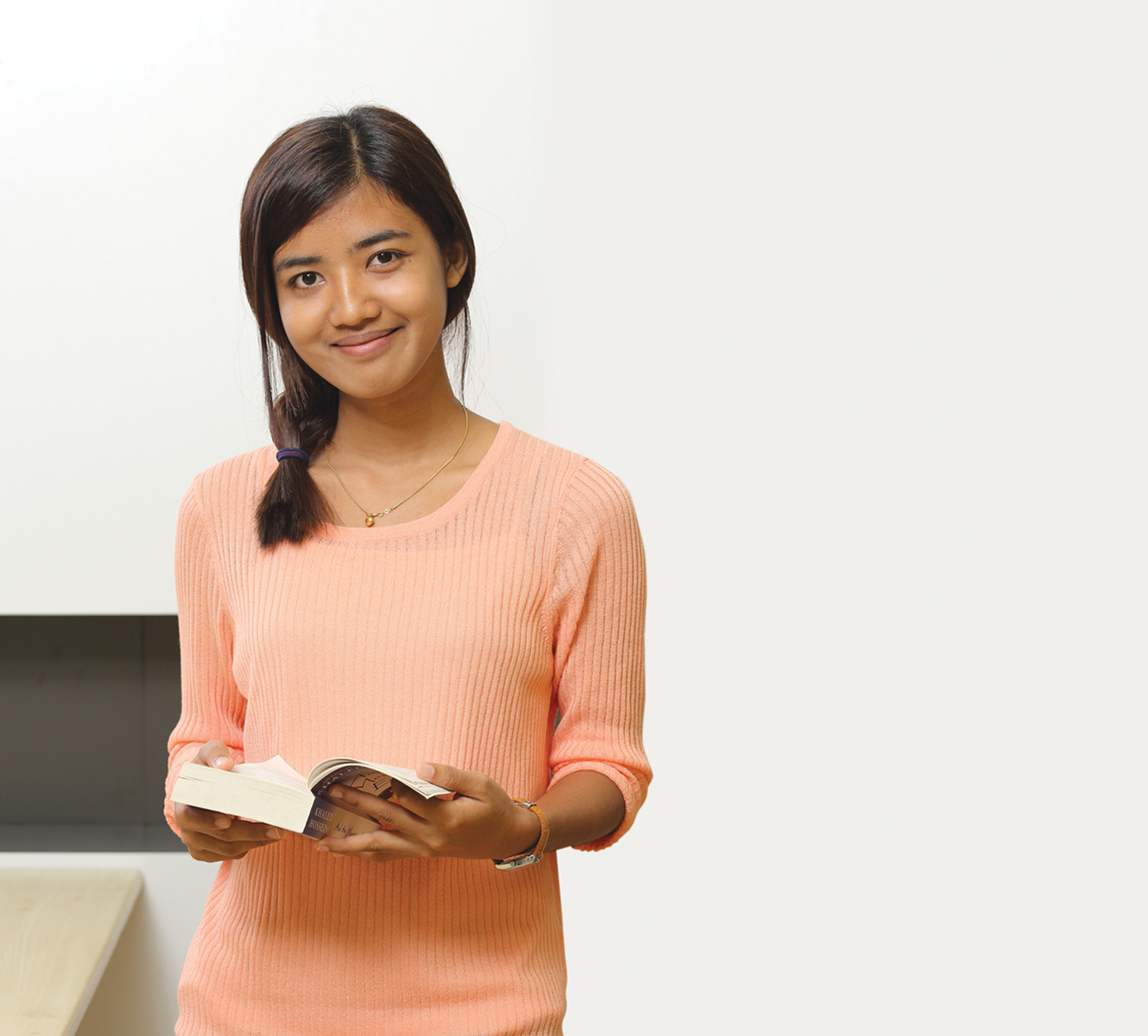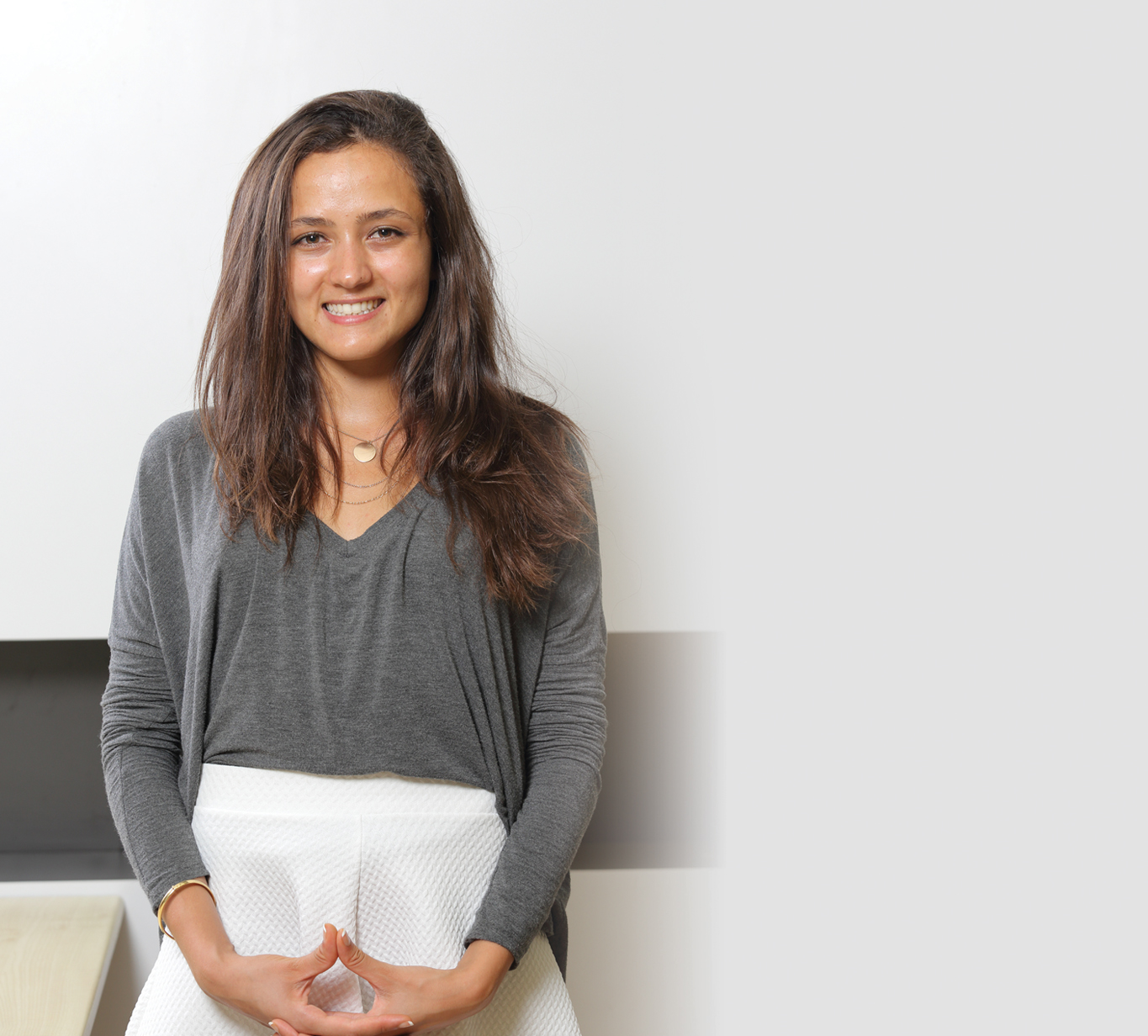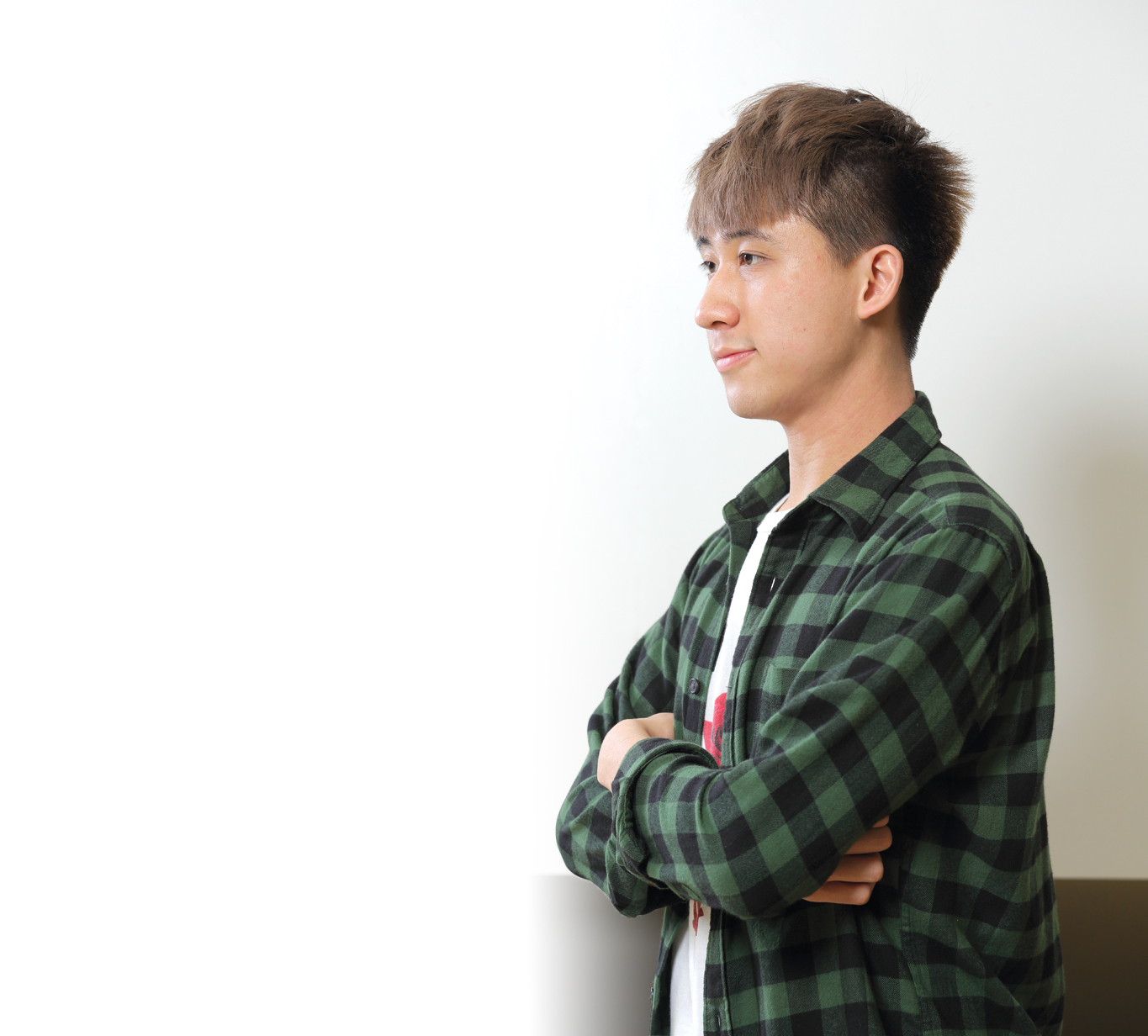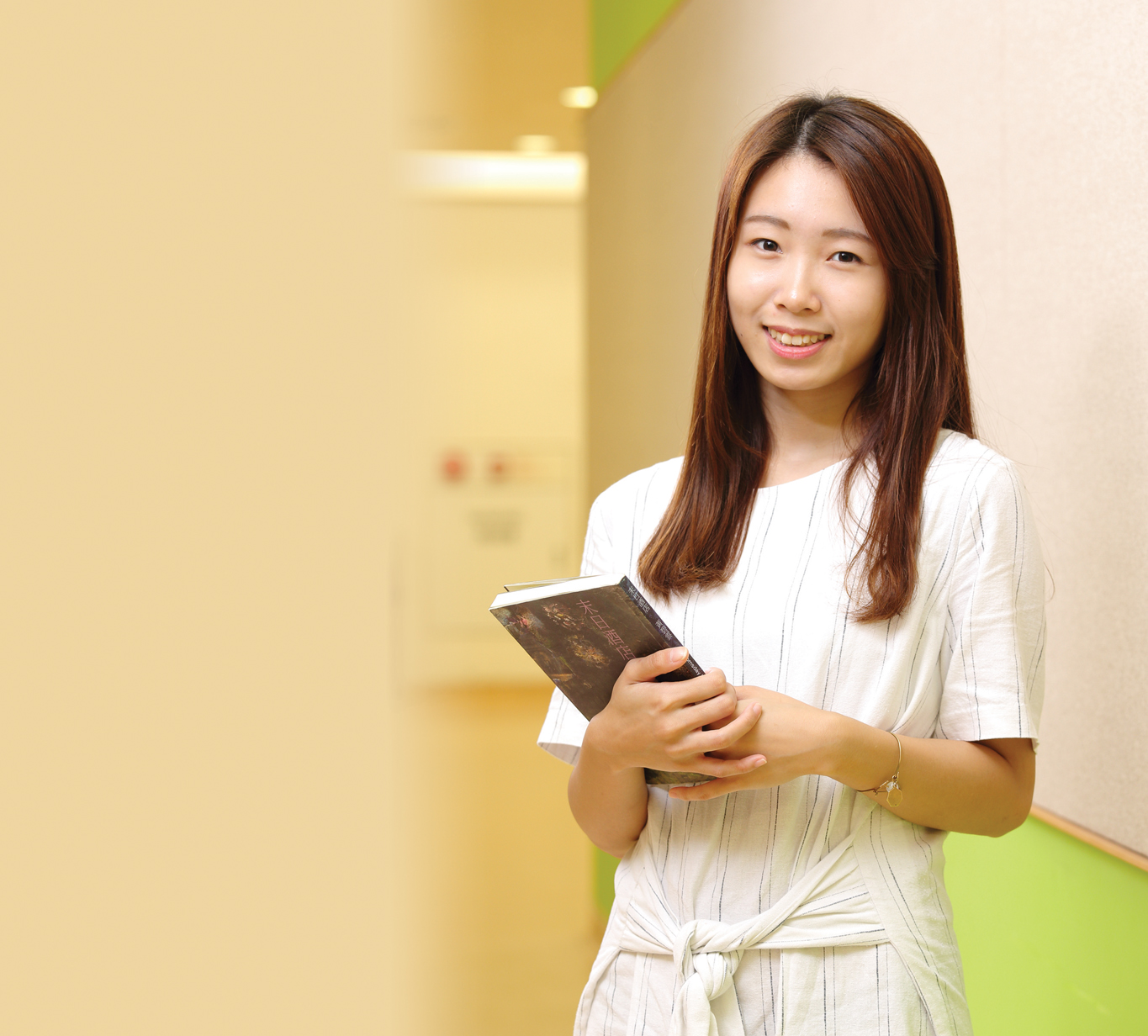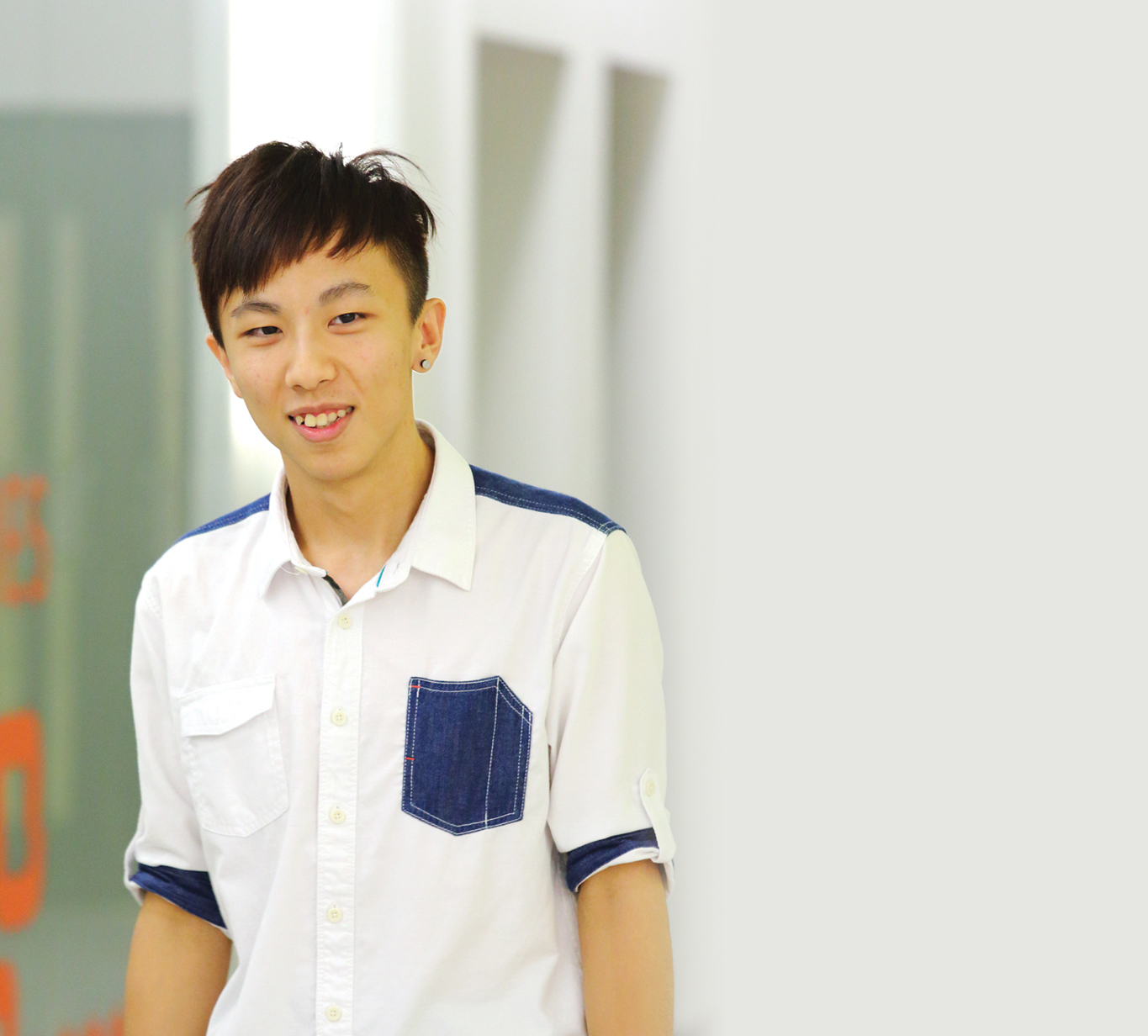To cater for the future demand of secondary school teachers, three new University Grants Committee (UGC)-funded five-year education programmes were planned during the year. Launched in the 2016-17 academic year, these programmes include the Bachelor of Education (Honours) in Chinese History, Bachelor of Education (Honours) in Science and Bachelor of Education (Honours) in Geography. Concurrently planned for 2016-17 launches are a new UGC-funded four-year Bachelor of Arts (Honours) in Special Education programme to prepare professionals who aspire to serve and support the well-being of people with special needs, and a two-year Bachelor of Arts (Honours) in Teaching Chinese as a Second Language programme specially designed for senior year entry.
Tapping the University’s multidisciplinary subject strengths to enhance the competitiveness of its graduates, three new UGC-funded co-terminal double degree programmes were under planning in 2015-16. Launched in 2016-17 academic year, the three programmes are: Bachelor of Arts (Honours) in Creative Arts and Culture and Bachelor of Education (Honours) in Music, Bachelor of Arts (Honours) in Creative Arts and Culture and Bachelor of Education (Honours) in Visual Arts, and Bachelor of Arts (Honours) in Language Studies and Bachelor of Education (Honours) in English Language.
Following the positive response to the Enriched Student Exchange Programme with Beijing Normal University, which had been operational for three years, the University sealed a special partnership agreement with Peking University, the leading university on the Mainland. Under the agreement, both universities will receive up to 20 students to study for one semester. As a pilot programme, the University planned to send nine students to Peking University in 2016-17.
In the University’s large-scale Survey of Core Competencies of Future Teachers conducted among some 1,000 principals two years ago, and as consistently reflected by the school sector and wider community, “positive personality” and “positive work attitude” topped the list of most sought-after attributes. In response to the findings and demands from the community, Positive and Values Education (PAVE) courses were developed in one of the Breadth Course Strands of the General Education programme, to cultivate positive emotions and thinking, resilience and good interpersonal relationships among students. While taking PAVE courses was an option for current students, students from the 2016-17 cohort onwards will be required to take one of the PAVE courses offered by the University as a graduation prerequisite. It is envisaged that students having taken the courses will benefit personally in their intellectual thinking and self-reflection capacity, and be able to engage others through spreading positive values across the schools and organisations they serve in the future.
With the same purpose of supporting their future role as teachers in implementing Career and Life Planning Education in schools, the University launched the School-University-Reaching-Enterprises (SURE) Partnership Project in January 2016. By partnering with secondary schools, businesses and industries, 20 outstanding industry practitioners are invited as “Career Coaches”, offering students of the University and secondary schools the latest knowledge in career and life planning, and sharing their experiences in business operation and entrepreneurship. The Project provides pre-service teachers and students with the opportunity for self and occupational exploration. Through active learning about various fields, participants can integrate real-life occupational information into their career aspirations and personal strengths.
To enhance the professional development of its students, the University also organised the Enlightening Professionals Mentorship Scheme 2015-16, in which 250 students were matched with experienced professionals from various fields to support and enrich their personal growth. Now entering its second year, the Scheme is supported by over a hundred mentors, all practising professionals from the school, business, public and non-profit making sectors. By connecting with their mentors through regular exchanges, participating students have precious opportunities to gain better understanding of Education as well as other professions. The mentor-mentee relations allow the former to pass on their values and experience to the younger generation, broadening the latter’s horizons.
The University is widely known for providing quality teacher education, as evidenced by the continued outstanding performance of and awards bestowed on its graduates. In the Chief Executive’s Award for Teaching Excellence 2015/2016 scheme, out of a total of 41 recipients in the three key learning areas of Curriculum Leadership, Mathematics Education Key Learning Area and Special Educational Needs, 35 (85 per cent) were alumni of the University, with 12 receiving awards and 23 certificates of merit. Since the inception of the scheme in 2003, 602 out of 888 awards (75 per cent) have been presented to graduates of the University and its predecessor Institute and colleges of education. Some of the awardees have been invited to serve as teaching advisors at the University’s Centre for Excellence in Learning and Teaching to disseminate exemplary practices to the school community, among other things.
In line with the University’s ethos of promoting excellence, the President’s Awards for Outstanding Performance in Teaching, Research and Administrative Services were established in 2011-12 to recognise and encourage individual staff and team achievements and foster a performance-driven culture. During the year, under the category of Outstanding Performance in Teaching, awards were bestowed on Dr Savio Wong Wai-ho, Associate Professor, Department of Special Education and Counselling, and Dr Cheung Sau-hung, Assistant Professor, Department of Chinese Language Studies.
With its proven research performance, the University was allocated 67 UGC-funded Research Postgraduate places in 2016-17, representing a significant increase of 34 per cent over the 50 places allocated in 2015-16.
The University continued its efforts to enrich the learning experience and exposure of its postgraduate students in Hong Kong and beyond. Starting in 2015-16, students in the Master of Education programme are provided with the opportunity to take one to two intensive compatible and complementary courses at partner universities in, for instance, Australia and the UK. Through this overseas engagement opportunity, the students are able to develop their global perspectives, enrich their learning experience and establish international networks for future career prospects.
The International Outreach Study Programme, a similar initiative, has been organised by the University’s Graduate School annually since 2012. During the year, visits were made to universities in the US, Norway and Finland in April and May 2016, with students having the opportunity to deliver presentations at a postgraduate student research conference and engage in other scholarly activities with fellow research students, academic staff and researchers.
To prepare postgraduate students for their future academic pursuit, the International Postgraduate Roundtable and Research Forum cum Summer School (IPRRFSS) in Education, Social Sciences, Liberal Arts and Humanities was held at the University from 1 to 5 July 2016. Attended by over 350 local and overseas participants, the IPRRFSS was a unique conference organised solely for and by postgraduate students at which they could present research findings, interact and exchange ideas with their counterparts, and receive expert feedback on their research work from international scholars. With coordinated efforts in forging various internationalisation collaborations, the event was actively participated by students and scholars from Australia, Bangladesh, Germany, India, Japan, Macau, Mainland China, Mongolia, Russia, Singapore, Taiwan, and the US.
Recognising the University’s strength in teacher education and increasing prominence in education research, a total of around 400 students were attracted to some of its signature postgraduate programmes, including the Master of Education, Master of Teaching, Master of Arts in Teaching Chinese as an International Language, Master of Arts in Chinese Studies (Language Education) and Master of Science in Educational Speech-language Pathology and Learning Disabilities.
Designed for aspiring and serving school leaders in international schools, the Executive Master of Arts in International Educational Leadership and Change (IELC) programme is renowned for providing up-to-date leadership knowledge and its innovative on-line format and focus on applying theoretical knowledge to real leadership situations. IELC graduates are eligible for the International Baccalaureate (IB) Certificate in Leadership Practice and IB Advanced Certificate in Leadership Research.
To date, EdUHK is one of the only six universities worldwide formally authorised by IB to offer these prestigious certificates. Reflecting the programme’s highly international nature, the batch of 2015-16 IELC graduates came from Canada, Hong Kong, Japan, Mainland China, Malaysia, Serbia, South Africa and South Korea.












